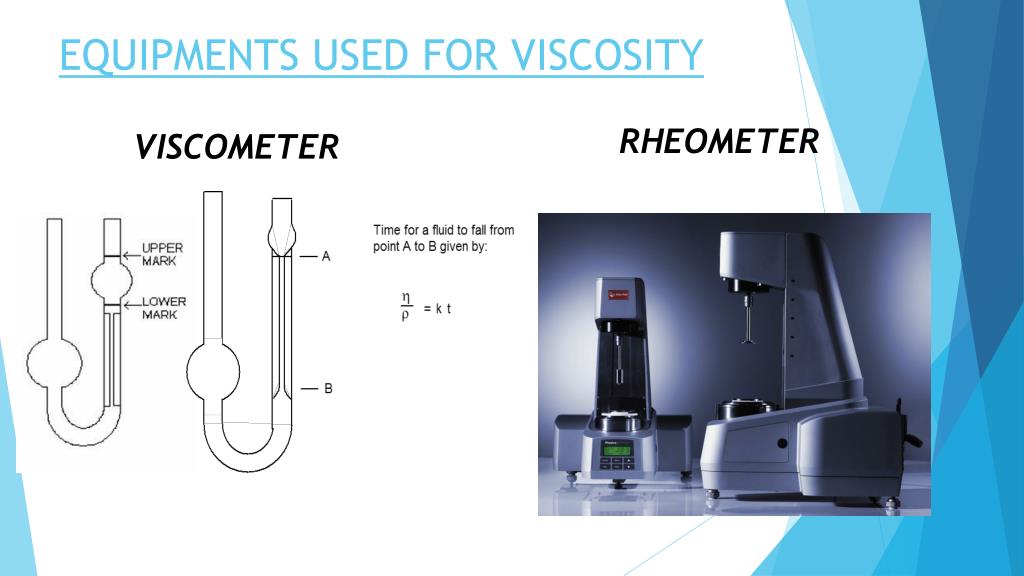

Plasma viscosity results follow the severity of the condition with serial higher results showing deterioration or lower results indicating improvement. Other laboratory tests (ESR) can (with high dose steroid therapy) revert to normal even when the underlying condition is not improving. Steroids are frequently administered to control the severity of the symptoms. Where the plasma viscosity comes into its own is in the monitoring of patients with these conditions. The plasma viscosity cannot diagnose any rheumatoid disease, but when taken in conjunction with a clinical assessment, a result in the range of 1.75-2.00 mPa�s can give a good indication of an underlying problem. This reaction is called the acute phase response and occurs within 2-24 hours of the insult.

The rise in concentration of these 2 proteins produces a reciprocal rise in plasma viscosity over the resting state. To prevent blood loss fibrinogen levels are increased and to combat infection immunoglobulin levels rise. Injury to the body can lead to blood loss and infection, therefore the body prepares itself by increasing the circulating levels of proteins to combat these insults. When the human body is subjected to physiological stress it prepares itself to fight or flee. Untreated myeloma frequently has PV values of >3mPa while plasma containing macroglobulins can have values greater than 10mPa Conditions that secrete paraproteins e.g Myeloma or Macroglobulinaemia are associated with a very high PV. rheumatoid disease, the increased immunoglobulins, along with the inflammatory response, produce a raised plasma viscosity. In infection the initial response is followed by an increase in immunoglobulin which will maintain a high plasma viscosity. Fibrinogen responds as an acute phase reactant and is raised in the initial stages of any inflammatory response.

The major influence on Plasma Viscosity is exerted by fibrinogen and immunoglobulins. Values from normal subjects are within a narrowly defined range and are unaffected by physiological stimuli. Plasma Viscosity (PV) estimation is a non-specific test reflecting changes in plasma proteins.


 0 kommentar(er)
0 kommentar(er)
